
EU Research Infrastructures Session
Welcome and Introduction
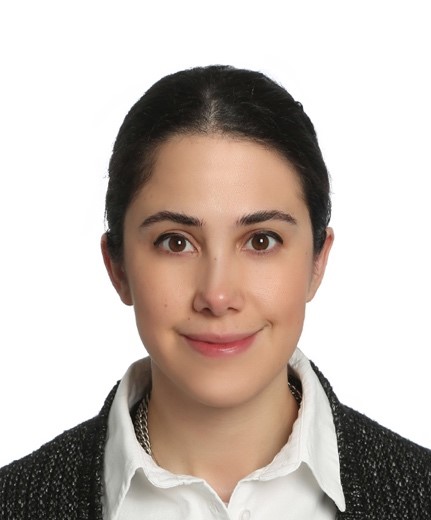
Yasemin Ucal
EU-OPENSCREEN
Yasemin holds a Bachelor's degree in Molecular Biology and Genetics from Istanbul Technical University (Turkey) and a Master's degree in Cancer Immunology from the University of Nottingham (UK). She earned her Ph.D. in Biochemistry from Acibadem University in Istanbul, focusing on developing mass spectrometry-based proteomics workflows. Following her doctorate, she conducted postdoctoral research at the Center for Mass Spectrometry and Optical Spectroscopy (CeMOS) in Mannheim, Germany, where her work centered on the clinical applications of MALDI-Mass Spectrometry Imaging. In December 2023, Yasemin joined the scientific management team at EU-OPENSCREEN, contributing to various EU projects and supporting user access.
DNA binding alters androgen receptor variant dimerization
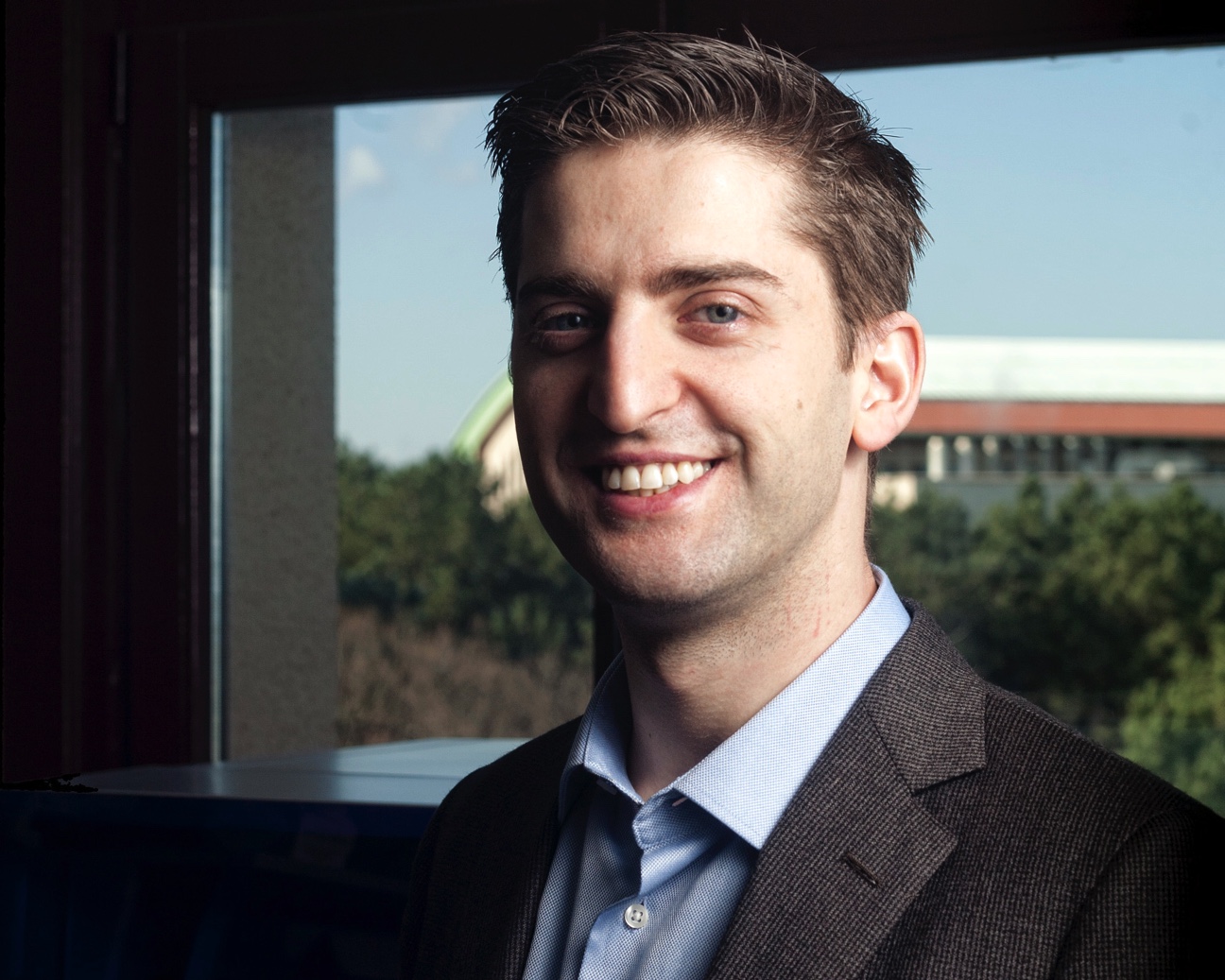
Nathan Lack
Koç University & University of British Columbia
Dr. Nathan Lack is a Senior Research Scientist at the Vancouver Prostate Centre. He obtained a DPhil (PhD) in Pharmacology from the University of Oxford in 2009 and then did a Postdoctoral Fellowship at the University of British Columbia with Dr. Emma Guns and Professor Paul Rennie. Nathan became an Assistant Professor at Koç University in the School of Medicine (Istanbul) in 2011 and was awarded Associate Professorship in 2015. He joined the Vancouver Prostate Centre as an independent researcher in 2017. His laboratory works to better understand the molecular underpinnings of prostate cancer to develop more effectively treatments for this common disease. Since its inception, the Lack Laboratory has secured significant funding from national, international, and industrial sources and published its findings in high-impact journals. Beyond his academic research, Dr. Lack contributed to the development of the FDA-approved therapeutic Plerixafor and played a key role in advancing AR antagonists that are now in Phase II clinical trials.
INFRAFRONTIER: Cutting-Edge Human Disease Modelling
Michael Raess
INFRAFRONTIER
Michael Raess completed his PhD in behavioural physiology at Ludwig-Maximilians University Munich and the Max Planck Institute of Behavioural Physiology, where he also carried out postdoctoral research. His research focused on understanding physiological and behavioural adaptations to different environments. In addition to his scientific background, he pursued an MSc in Science Communication and Marketing at the Technical University of Berlin, equipping him with expertise in effectively communicating scientific concepts to diverse audiences and managing research-driven initiatives. In 2008, he joined Helmholtz Munich as Lead Project Manager for the INFRAFRONTIER Preparatory Phase and Head of the INFRAFRONTIER Project Office. In this role, he was responsible for overseeing the development and implementation of INFRAFRONTIER as a pan-European research infrastructure, coordinating large-scale research collaborations, and securing funding for the infrastructure. Since 2014, he has served as Head of General Management at INFRAFRONTIER GmbH (now INFRAFRONTIER ERIC), the coordination office of INFRAFRONTIER, the European Research Infrastructure for Modelling Human Diseases.
Pioneering intranasal siRNA-based Nanovaccine
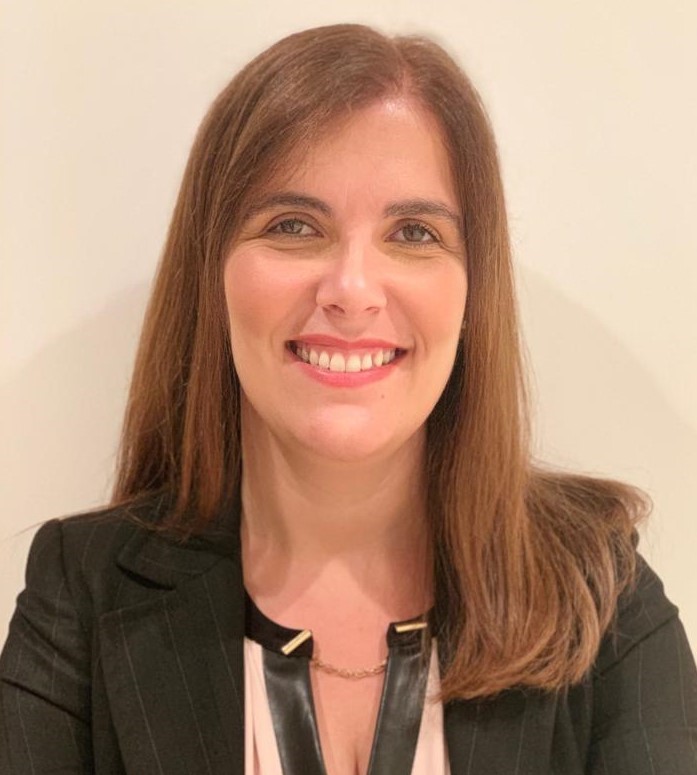
Helena Florindo
University of Lisbon, Lisbon, Portugal
Helena Florindo graduated in Pharmaceutical Sciences in 2003 (University of Lisbon) and obtained her Ph.D. degree in Pharmaceutical Technology in 2008 (University of Lisbon), in collaboration with the University of London. Currently, she is a Full Professor in the Department of Pharmacy, Pharmacology, and Health Technologies at the Faculty of Pharmacy, University of Lisbon. Since 2015, she has been the head of the BioNanoSciences – Drug Delivery & Immunoengineering Research Group, at the Research Institute for Medicines (iMed.ULisboa), University of Lisbon. Helena is also a member of the Portuguese Medicines Agency Evaluation Board (INFARMED) and an expert to the European Medicines Agency (EMA), thus supporting the evaluation of marketing authorization procedures for new drugs and biologics. This knowledge in regulatory sciences also guides the research within her research group, which has been focused on the rational development of functionalized nanomaterials as new therapies or vaccines for infectious diseases and cancer. It includes the characterization of the anti-tumor effects induced by the combination of nano-vaccines with nano-therapeutics designed to modulate the functions of key cells within tumor microenvironment, such as T cells, myeloid-derived cells, and tumor cells.
EU-OPENSCREEN - A collaborative initiative to accelerate early drug discovery
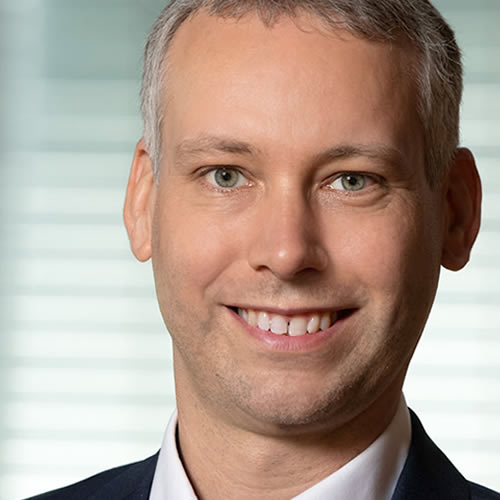
Bahne Stechmann
EU-OPENSCREEN ERIC, Berlin, Germany
Bahne Stechmann is a cell biologist by training and worked in academia and biotechnology. His PhD work led to the discovery of the first small molecules that show efficacy against ricin in animal experiments (Stechmann et al., Cell 2010). Bahne is the Deputy Director at EU-OPENSCREEN, a multinational research infrastructure initiative which supports collaborative projects in Chemical Biology and early Drug Discovery.
Investigating the mechanism of action of newly discovered anti-prion compounds via chemoproteomics
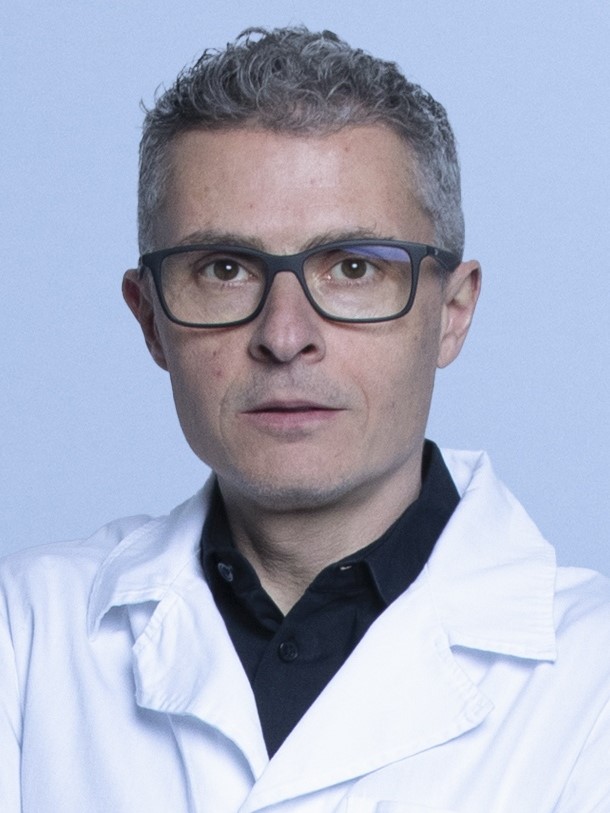
Emiliano Biasini
University of Trento Department of Cellular, Computational, and Integrative Biology, Italy
Dr. Emiliano Biasini is an Associate Professor at the Department of Cellular, Computational, and Integrative Biology (CIBIO) at the University of Trento, Italy, where he directs the Dulbecco Telethon Laboratory of Prions and Amyloids (https://www.cibio.unitn.it/95/dulbecco-telethon-laboratory-of-prions-and-amyloids). He is also a co-founder of Sibylla Biotech SRL (www.sibyllabiotech.it), a company that exploits information
from folding pathway reconstruction for drug discovery in human pathologies. Biasini's research delves into the complex interplay of protein dynamics across physiology and disease, focusing on neurodegenerative diseases. By employing a multidisciplinary approach that encompasses computational, chemical, biophysical, biochemical, and cellular techniques, his lab aims to develop novel experimental therapies for prion diseases. Other key interests include protein expression and function regulation in eukaryotic cells, particularly protein folding pathways and their potential disruption in disease. Biasini's team is pioneering the development of pharmacological agents that target non-native protein states to combat protein misfolding disorders, leveraging insights from innovative computational technologies and experimental strategies.
Instruct-ERIC – Access to latest Structural Biology technologies and training in Europe
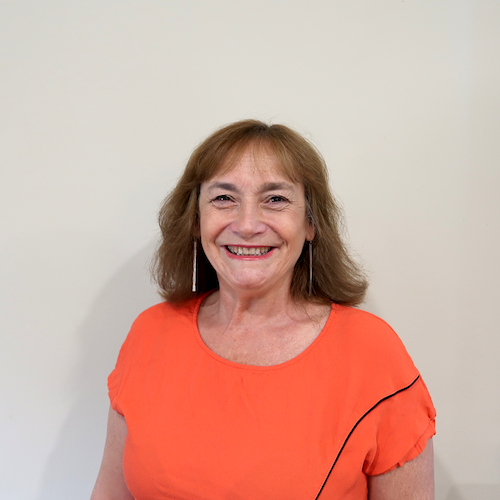
Claudia Alén Amaro
Instruct-ERIC, Oxford, UK
A biochemist by training with a decade of research experience mainly at the University of Oxford, I move to European project management with a FP6 integrated project coordinated from Imperial College. I have been involved in the design and set up of Instruct since the start in May 2008. Now Instruct is in its operational phase and our office manages the provision of access to infrastructure to structural biologists around Europe and the world. We also organise Instruct training program including courses and internships and R&D pilot project awards. We organise consortium meetings as well the Instruct Biennial Structural Biology Meeting.
Since the 2022 I am Head of Operations of Instruct coordinating the activities of the Instruct Coordination Centre. In my new role I oversee all activities of Instruct with a particular interest on internationalisation.
The Mechanism of Lipid-targeting antibiotics
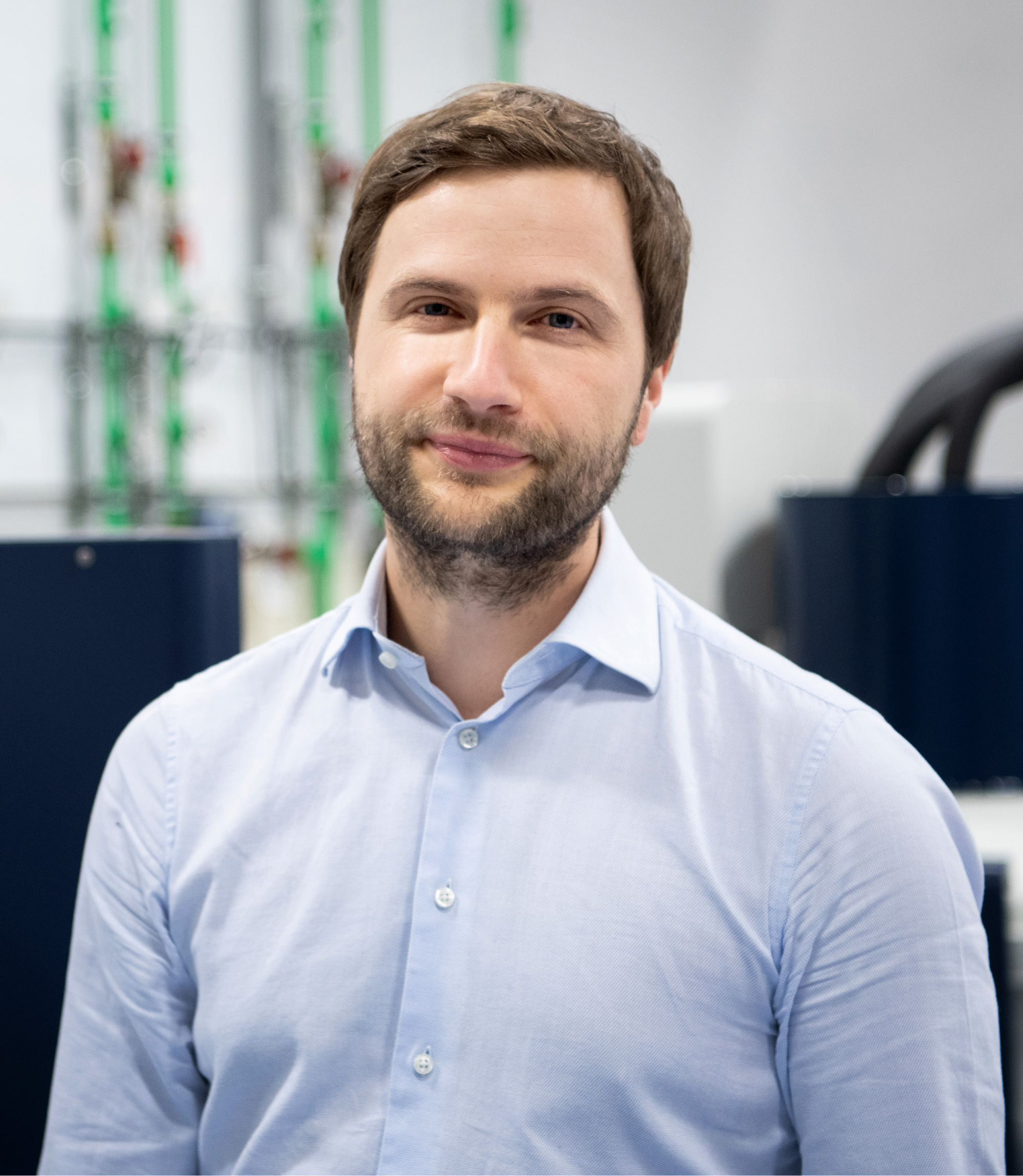
Markus Weingarth
Utrecht University, Netherlands
Markus Weingarth (1982) is Associate Professor of NMR Spectroscopy at Utrecht University with a fundamental interest in the molecular mechanism of antibiotics. Employing integrative structural biology approaches, firmly anchored in the core expertise solid-state Nuclear Magnetic Resonance, Weingarth’s group dissects the action of antimicrobials that attack bacterial cell envelopes. His team has discovered novel supramolecular killing mechanisms, which has shifted the conventional ‘1 drug : 1 target’ paradigm. In addition, Weingarth has spearheaded the development of solid-state NMR methods to study the truly native action of antibiotics directly in intact bacteria and at high-resolution, i.e., in medically relevant conditions. For his antibiotics research, Weingarth has received several distinctions, including an ERC Consolidator grant (2022) and the ‘Founders’ Medal’ (2022) of the ‘International Council on Magnetic Resonance in Biological Systems’.



